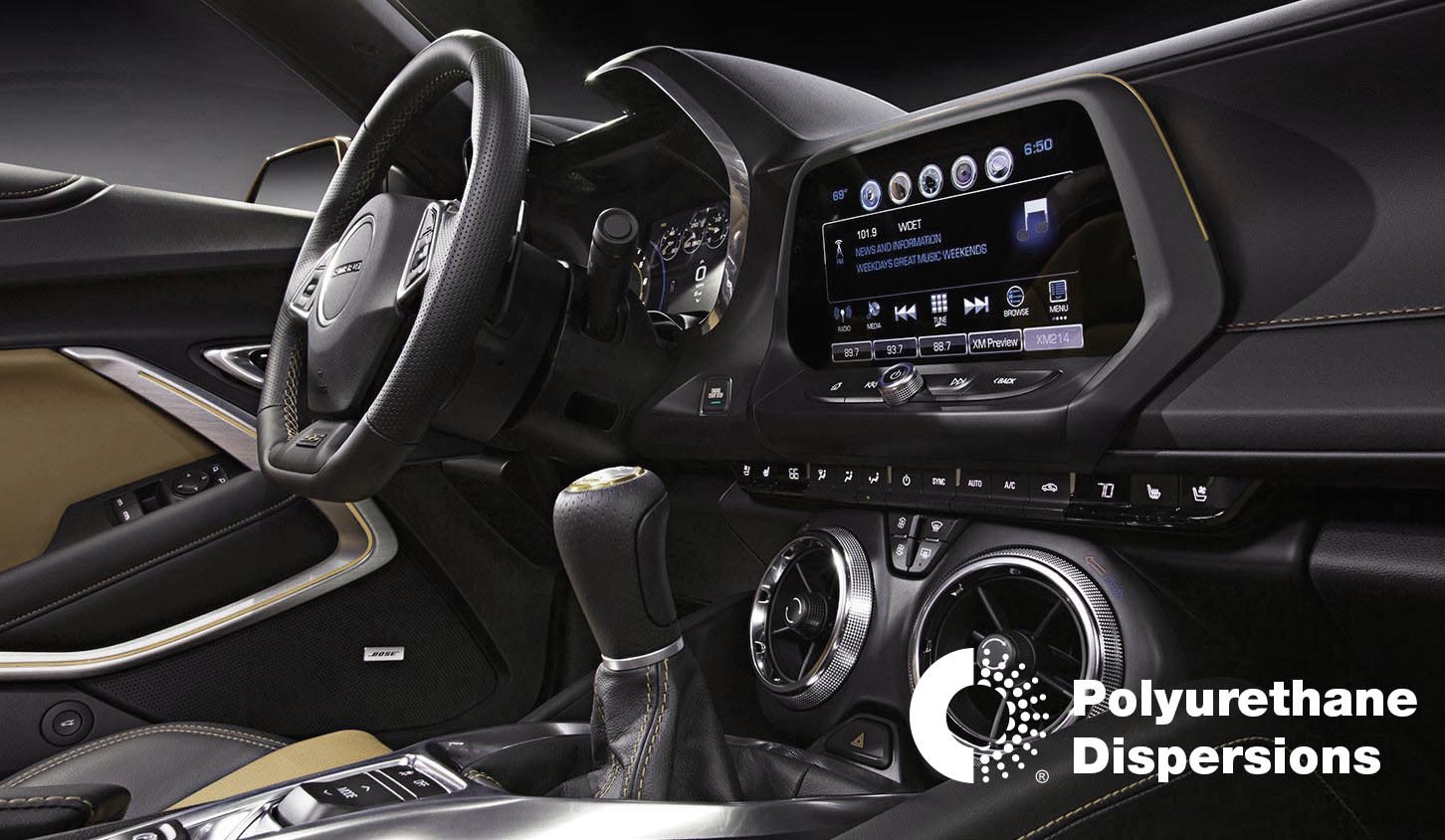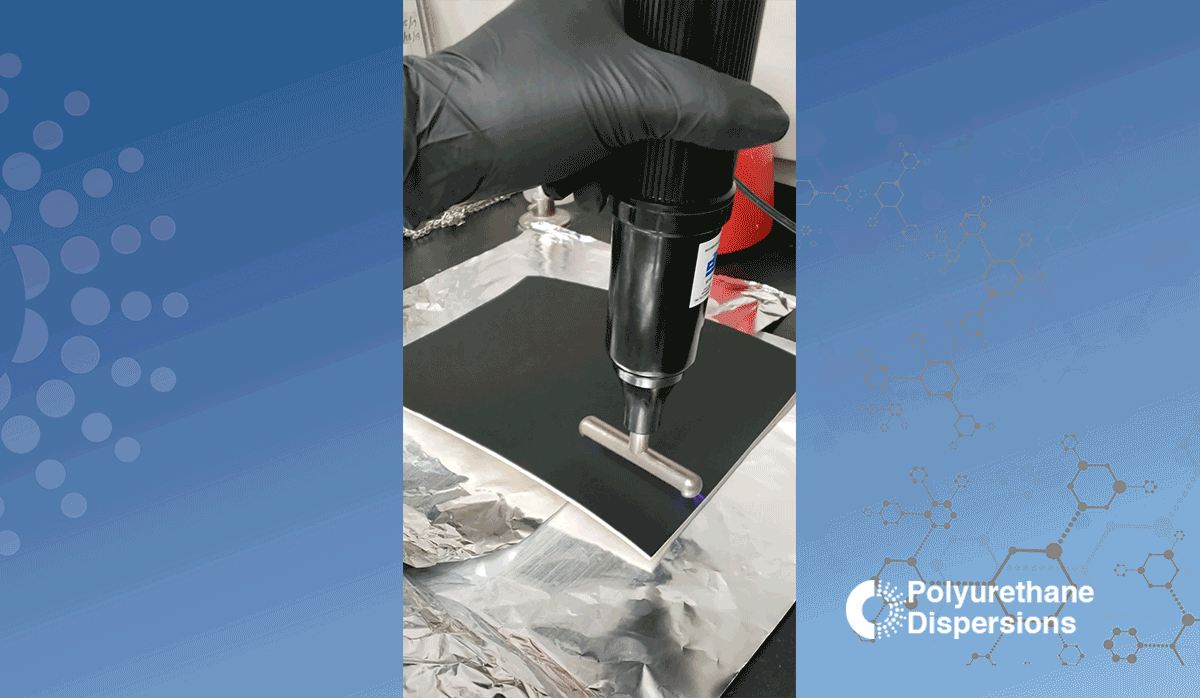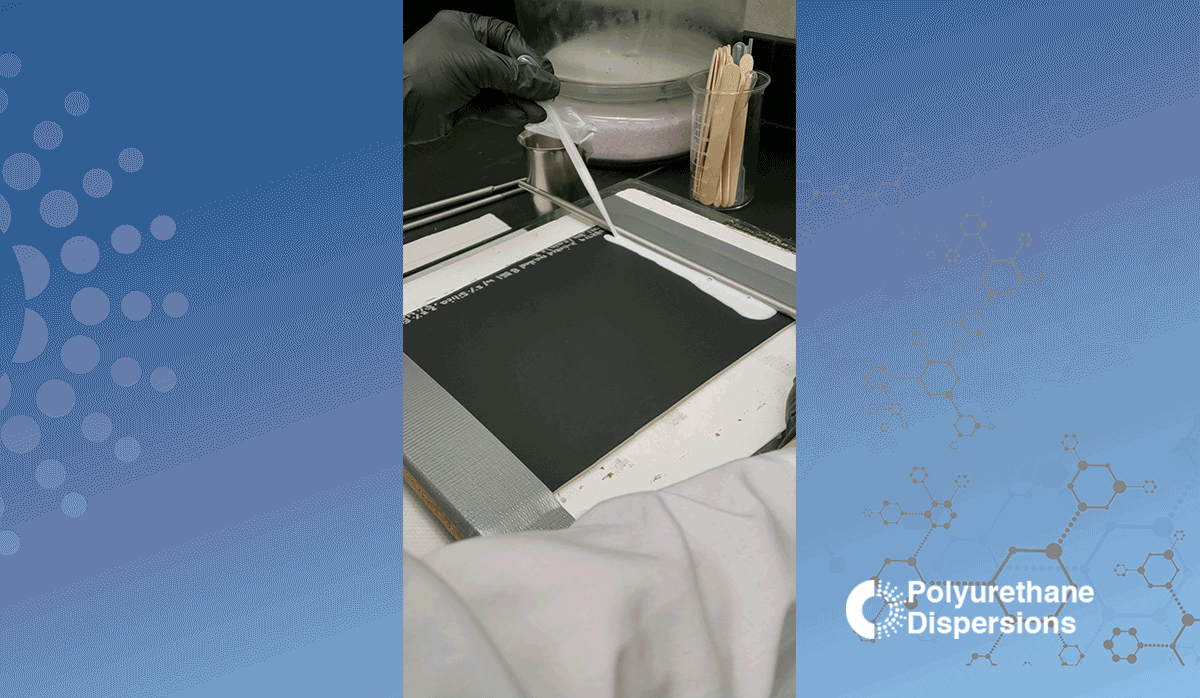The development and improvement in soft feel plastics such as PVCs and thermoplastic polyolefins...
How to Verify the Quality of Water-Borne Industrial Soft Feel Coatings
 The development and improvement of soft feel plastics such as PVCs and thermoplastic polyolefins (TPOs) continues unabated. Consumers in industries including furniture and automotive interiors require rich appearance and tactile superiority as compared to previous plastic materials. The ability to simulate the look and feel of natural materials and fabrics with more cost efficient and durable plastics is now a customer expectation for many product categories.
The development and improvement of soft feel plastics such as PVCs and thermoplastic polyolefins (TPOs) continues unabated. Consumers in industries including furniture and automotive interiors require rich appearance and tactile superiority as compared to previous plastic materials. The ability to simulate the look and feel of natural materials and fabrics with more cost efficient and durable plastics is now a customer expectation for many product categories.
Soft feel water-borne polyurethane dispersions (PUDs) have demonstrated their value in producing the touch and appearance characteristics consumers demand.
With the emergence of soft feel water-borne polyurethane coatings, have become the need for a definition of testing procedures for these coatings. For manufacturers, appropriate and well defined testing of critical properties is necessary to assure quality, reliability, and processing characteristics.
Careful selection of the proper water-borne aliphatic polyurethane dispersion is essential to creating a coating that will perform at a high level. The characteristics of abrasion, adhesion and chemical resistance are inherent in starting with the proper resin. Soft feel coatings produced from water-borne aliphatic polyurethane dispersions are formulated to create surface appeal on PVC and TPO substrates providing a lasting, rich appearance. The application of soft feel coatings to PVC or TPO substrates can form a surface with a rubbery to suede touch while protecting the durability associated with the plastic substrates.
Related article: Formulating Waterbase Polyurethane Soft Feel Coatings
Coating manufacturers develop coatings to meet market demand for a soft touch and provide product manufacturers with high levels of performance and an aesthetically pleasing appearance. Many of these coatings are shipped to processors or manufacturers who depend upon the performance of the coating with respect to abrasion, chemical resistance, and a low gloss look.
There are several tests to perform before a coating is approved for use on a coating line. The testing is divided between wet and dry coating properties. The wet properties check the manufacturing process while the testing of the dry film confirms that the formulation is robust.
Below are typical tests for both the wet and dry test procedures.
Quality Tests for Soft Feel Coatings– (1 kg sample)
1.Wet coating properties
- viscosity ASTM method D2196
- solids % ASTM method D2369
- pH with a meter
2 Sample Preparation for Dry film testing on a thermoplastic olefin (TPO) plastic substrate
- Corona treating a TPO substrate for the coating application.

II. Application of a 3mil wet film cured for 7 days

3. Testing of coated TPO soft feel sample
- Gloss Measurement Gardner – D523
- Tabor Abrasion – D4060 look for gloss up of the coating and measure gram loss
- Chemical Resistance - Crocking Cloth tests for solvents, oils and emollients
- Haptics evaluation – Subjective evaluation and graded as a rubbery or suede feel
Soft feel coatings contain a measure of technology and must meet many conflicting physical properties requiring careful manufacturing and application techniques. The end use customer requires a very high level of performance and that is confirmed in the test results. The testing of both the wet and dry coating properties is critical in both the research and development of a new coating and equally important as quality assurance in the manufacturing environment. Chase Corporation has extensive experience with soft feel technology and welcomes coating development inquiries using our waterbase aliphatic polyurethane dispersions
Chase Corporation, Westwood, MA, founded in 1946 is a leading manufacturer of industrial products for high-reliability applications with a global customer base operating in diverse market sectors. Chase specializes in the manufacture of waterborne polyurethane dispersions supplied to formulators for industrial, consumer coatings, and adhesives providing waterborne solutions. Our outstanding manufacturing and technical support groups can provide your organization with a reliable global supply, unmatched quality, and superior technical support.
Please contact us today to discuss your application.







